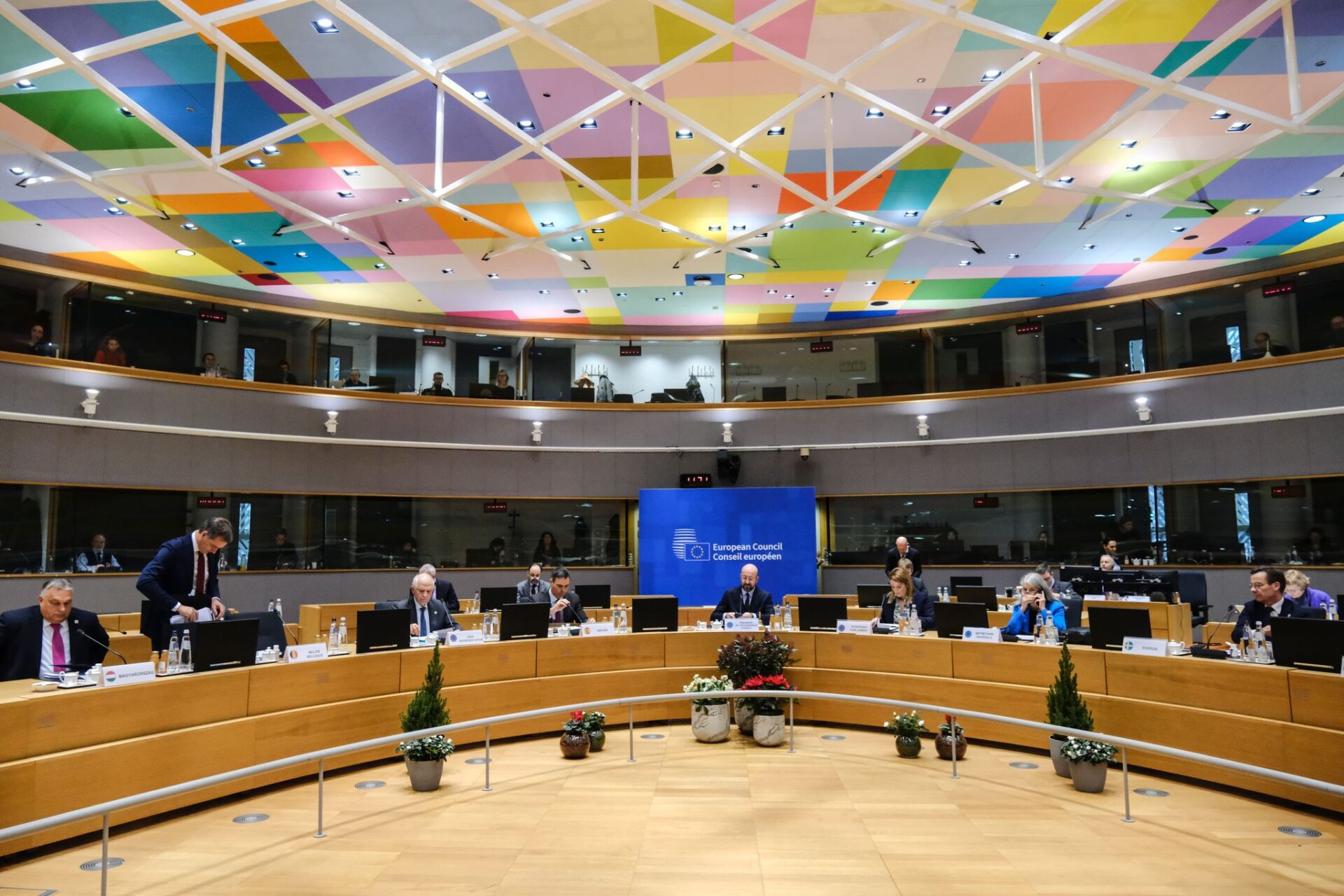 Have the article read by OpenAI (Beta). Please note that AI translations may take some time to process.
Have the article read by OpenAI (Beta). Please note that AI translations may take some time to process.Brussels (dpa) – EU leaders are set to agree on a package deal to divide up the European Union’s top jobs at a two-day summit in Brussels on Thursday and Friday, June 27 and 28.
The pre-packaged pact, informally agreed among EU leaders would see the German conservative and current European Commission President Ursula von der Leyen nominated for a second term.
Former socialist Portuguese Prime Minister António Costa should be the next European Council president and the liberal Estonian Prime Minister Kaja Kallas is to be the EU’s new foreign policy chief.
The agreement on the top jobs was negotiated among the centre-right European People’s Party (EPP), the centre-left Socialists and Democrats (S&D) group and the liberal Renew Europe group.
The three names were the front runners for the roles over a week ago in Brussels – the last time EU leaders tried to reach a deal amongst themselves – but they did not reach the finish line.
The EU’s top jobs are shared out after European Parliament elections in an intricate process that is meant to account for the results of the vote, according to the EU treaties. In practice, the path to power is more complicated, and national and European politics take over, with EU leaders haggling over their preferences to fill the bloc’s most important policy positions.
Italian Prime Minister Giorgia Meloni has pushed hard for the results of her far-right Brothers of Italy (FdI) party in the European elections to be recognised and has harshly criticised the process to divide up the jobs.
Hungarian Prime Minister Viktor Orbán also hit out at the deal. In a post on X, the conservative populist prime minister said “EU top officials should represent every member state, not just leftists and liberals.”
After her nomination by EU leaders, von der Leyen needs to be elected as head of the Commission by a majority in the European Parliament in the coming weeks.
The EU legislature must also approve Kallas for the role of EU foreign policy chief. Costa does not require parliamentary approval to assume his role as European Council president. (27 June)
The editorial responsibility for the publication lies with dpa.
